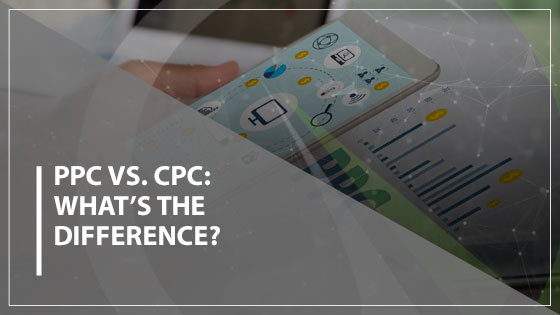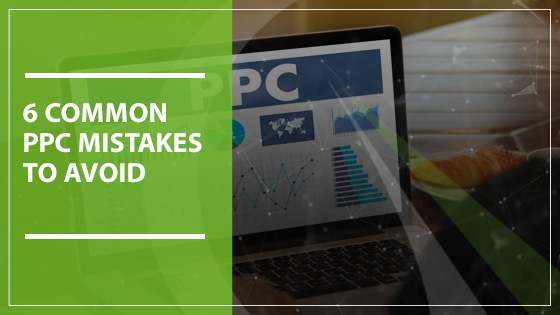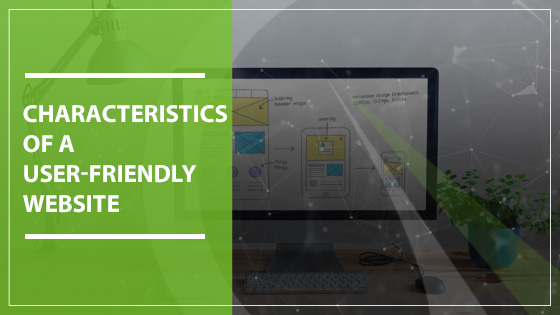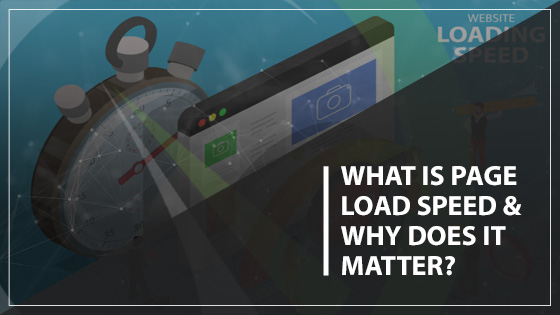When your business is preparing to invest in digital marketing, two of the acronyms that you will see frequently are PPC and CPC. Unfortunately, many businesses do not understand the difference between the two and end up investing in campaigns that might not be the best choice for their needs. At Gauge Digital Media, we will guide you through the process of understanding PPC and CPC advertising so that you get the most out of your budget and experience great results. Here is what you need to know.
What Does PPC Mean?
PPC advertising stands for pay-per-click advertising. This is one of the most popular types of digital marketing, and Google Ads is one of the most popular types of PPC advertising that businesses of every size invest in. Using a PPC model, you would be responsible for paying a specific amount every time a user clicks on your advertisement. The advertisement will direct the user to any page that you specify on your website. Google and other advertisers will track this movement and charge you based on the number of clicks the ad gets. Some of the most common formats of PPC advertising include Google shopping ads, display banners, social media ads, and sidebar ads. PPC advertising remains so popular because it is very effective at improving brand awareness, generating new leads, growing advertising lists, and increasing sales.
PPC also is popular because it is common on search engines. For example, if you own an Italian restaurant and want to encourage people searching for an Italian restaurant in Baltimore, MD to come to yours, you could run a PPC ad targeted at the keyword “Italian restaurant in Baltimore, MD.” The biggest benefit is that you will only pay for every person who clicks on the advertisement, and not just everyone who sees it displayed.
What Does CPC Mean?
CPC stands for cost per click, and it is used to describe how much you will pay for every click that you receive during your PPC campaign. All of those clicks are tallied up and considered interactions with your website or ad. The CPC amount that your campaign has will show the overall cost per click for your campaign. For example, if you made a PPC ad with a budget of $1,000 and got 500 clicks, you paid two dollars for each one and your CPC would be two dollars. In general, as you get more clicks on your ad, the CPC will decrease.

How Are PPC and CPC Different?
Because the terms are so similar, there is often confusion between PPC and CPC advertising. If you ever get confused, remember that PPC is the type of pricing that you will receive during your campaign and CPC is the metric that demonstrates how much you were paying per click for your PPC ad.
What About CPM?
The third term that often arises in conversations about PPC advertising is CPM. CPM is an alternative to PPC advertising that is known as cost per thousand impressions. Instead of paying a set rate every time someone clicks on your advertisement, you will pay a set rate per 1,000 times that the the ad is viewed. Every single time an ad appears on a screen, whether that be mobile or desktop, it would count as an impression. Unfortunately, this means that someone who is scrolling through their Facebook feed and only sees the top part of your ad will be counted as an impression. This is in contrast to PPC advertising, which only charges you for people who directly interact with your advertisement. While CPM advertising can still serve an important role in your digital marketing portfolio, it’s important to understand what you’re paying for.
Are PPC Ads Only on Google?
As mentioned above, when many people think about PPC advertising they think about Google. Google search ads are one of the most popular types of pay-per-click advertising, and you might see them almost anytime you search for a business or service. You can also see these ads as part of the Google Shopping feed when you are searching for a specific product or brand. However, PPC ads are available on other platforms as well. Facebook, for example, allows for PPC advertising based on your objective, audience, placement, budget, and ad format. Facebook offers many options for PPC advertising including video ads, event ads, and more.
Beyond Facebook and Google, Amazon also now offers PPC advertising. Advertisers who choose to do PPC advertising through Amazon can funnel those clicks to the associated Amazon profile to increase the odds of the client making a purchase. These ads can include things like product display ads, brand ads, or sponsored product ads. Even if you are not selling on Amazon, it’s important to understand the different forms that PPC advertising can take.
How Can You Calculate CPC?
Finally, if you are investing in a PPC advertising campaign, you will definitely want to know what your CPC is. How can you calculate it on your own?
- Write down the amount that you spent on advertising in total
- Write down the number of clicks that you were advertising received
- Divide the cost of the advertising by the number of clicks you received, like $1,000 divided by 250 clicks
- The final answer that you receive is your cost per click metric
The average cost per click per industry can vary a great deal, so it’s important to work with your digital marketing professional to understand if you might be overpaying or underpaying and adjust your strategy accordingly.
We Are Here to Help Grow Your Business Online
Working with a professional digital marketing company is the best way to make the most of your website and all that Facebook Pixel, LinkedIn ads, Google Analytics and other digital advertising platforms have to offer. To learn more about the best digital marketing strategies for your company and reach a bigger audience than ever before, work with Gauge Digital Media. For a quote or to schedule a call, contact us at (443) 376-7709.






